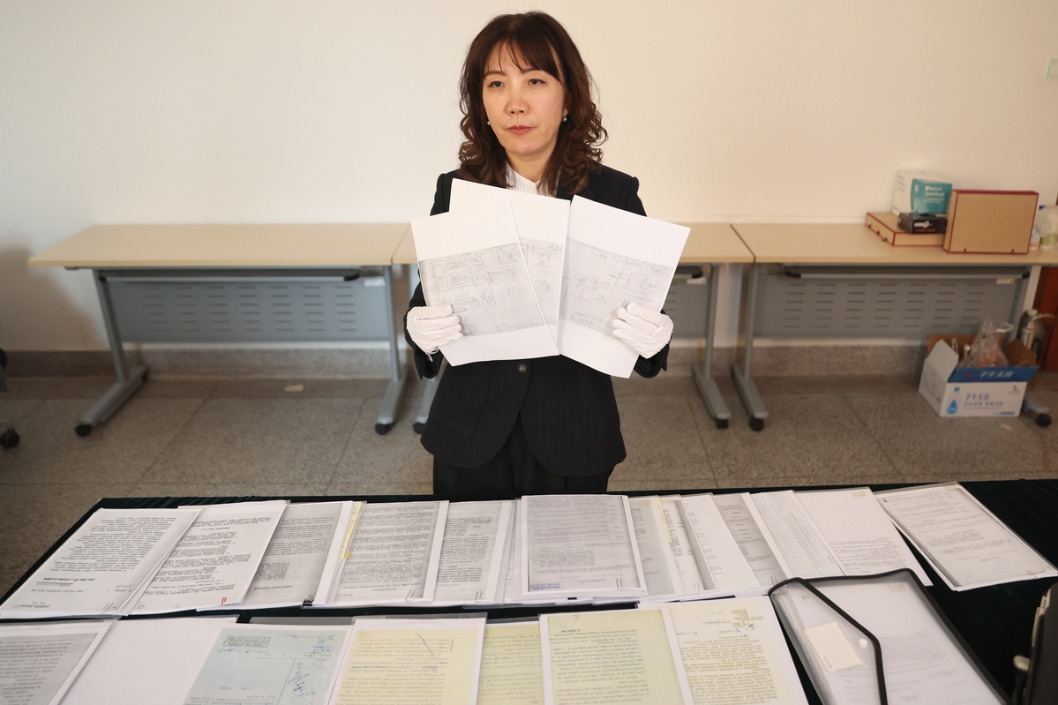The impact of Belt, Road on Nigeria is huge


The relationship between China and Nigeria is quite cordial, which is reflected in their economic and trade cooperation. Trade between Nigeria and China reached $18.1 billion in 2014 before falling to $11.1 billion in 2016.
Bilateral trade began expanding after the establishment of the Forum for China-Africa Cooperation in 2000, which created an important platform for collective dialogue and an effective mechanism for practical cooperation between African states, including Nigeria, and China. Nigeria's exports to China consist of raw materials such as agricultural, industrial and mineral products, including crude oil, wood, leather and tantalum, while China exports finished goods such as industrial products, railway coaches, apparatus for transmission and semi-knocked down vehicles to Nigeria. Still, Nigeria has a large trade deficit with China.
Nigeria has been watching with keen interest the Belt and Road Initiative, which President Xi Jinping proposed in 2013. But how can Nigeria strengthen cooperation with China through the initiative?
Although China and Nigeria are separated by thousands of kilometers, the impact of the Belt and Road Initiative will be felt by both sides with the generation of new exports, including raw materials, from Nigeria to China, and Chinese exports of goods and services to and funding for infrastructure projects in Nigeria.
Nigeria with a population of more than 180 million is a ready market for Chinese exports, and it can serve as China's gateway to West Africa and the rest of Africa. Nigeria already is a member of the Economic Community of West African States and the African Union, and it is aiming to become a global logistics center connected to the whole of Africa. It is improving its infrastructure, including power facilities, and roads and railways. And China will surely play an active part in these projects.
Nigeria is the largest economy in Africa, and China is the second-largest economy in the world. Nigeria accords strategic importance to China because it recognizes China's importance as an ascending power and the role China is destined to play in international relations in the future. China is Nigeria's largest economic partner in Asia, and its investments in and transfer of technologies to Nigeria have been increasing. The Chinese market is very important for Nigeria's exports and we (Nigerians) are generating new forms of cooperation for development, and strengthening technological, scientific, educational and cultural cooperation with China.
Cooperation will yield win-win results for Nigeria and China, and Chinese funding for infrastructure projects will benefit Nigeria's economy and create more jobs for Nigeria's teeming young population.
Nigeria is a developed market for Chinese technology, and an increasing number of Chinese industries are relocating to Nigeria in search of wider opportunities to further the Belt and Road Initiative, build infrastructure facilities, transfer skills and create jobs.
Nigeria and China entered into a strategic partnership in April, 2005 to strengthen bilateral ties in various areas for mutual benefit. Since the establishment of diplomatic ties between the two sides in 1971, the one-China policy as affirmed by United Nations Resolution 2758 has been at the core of bilateral ties. Moreover, Nigeria wants to strengthen the level of economic, cultural, technological, healthcare, tourism and educational cooperation with China.
The Chinese People's Association for friendship with Foreign Countries has been taking measures to ensure the peoples of the two countries deepen their interactions. More than 70,000 Nigerians arrived in South China's Guangdong province in 2016 alone for business, tourism, education and healthcare. Guangdong is the hub of Nigerians in China and more Nigerians live in Guangdong than in any other Chinese province.
Although, there is no direct flight from Nigeria to China, the Nigerian consulate in China has made it a priority to start one. Nigeria continues to improve infrastructure and services and more Nigerians are studying the Chinese language. The Nigerian consulate is intensifying campaigns to promote Nigeria's varied tourist destinations. And being aware of the quality of tertiary education in China, more and more Nigerians are enrolling in Chinese schools to study the Chinese language and information and communications technology. All this shows bilateral ties are on the upswing.
The author is the Consul General of the Federal Republic of Nigeria in Guangzhou, China.


































